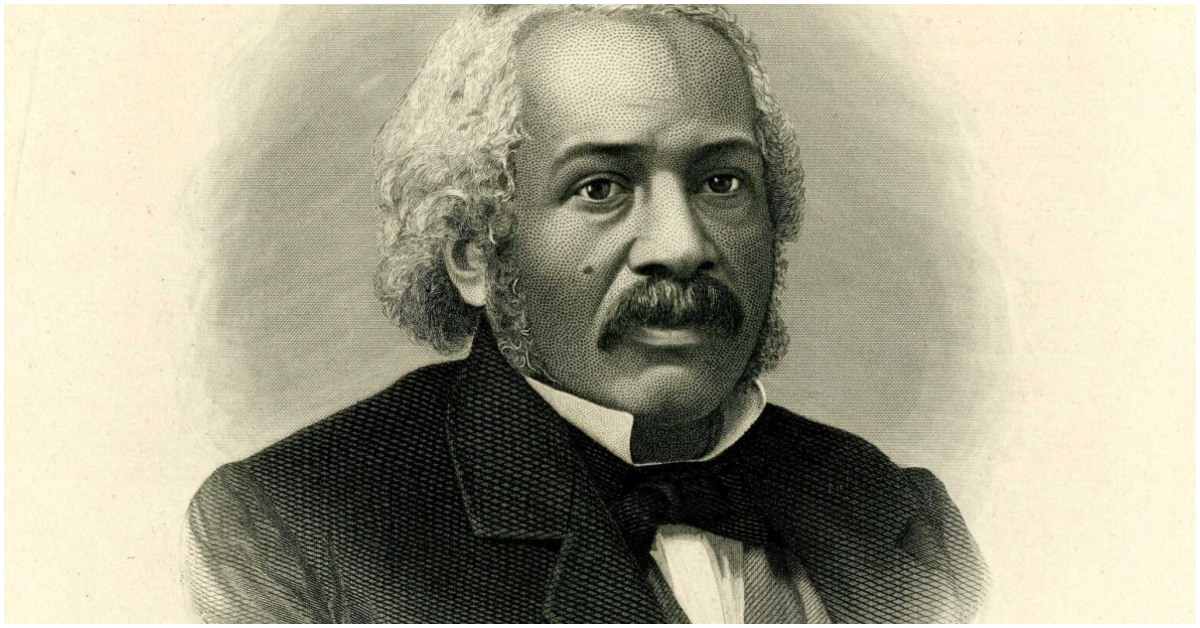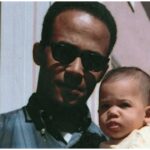James McCune Smith etched his name in history as the first African American to earn a medical degree. However, his legacy extends far beyond this groundbreaking achievement.
Smith was a multifaceted figure – a physician, abolitionist, writer, and intellectual – who dedicated his life to the eradication of slavery and the advancement of his people.
Breaking Barriers: A Pioneering Journey
Born into slavery in New York City in 1813, Smith’s path to success was paved with obstacles. After gaining emancipation in 1827, he pursued higher education, only to face rejection from American universities due to his race.
Undeterred, Smith set his sights on the University of Glasgow in Scotland, where he earned his bachelor’s, master’s, and medical degrees, becoming the first African American to achieve such a feat.
“No man in this country more thoroughly understands the whole struggle between freedom and slavery than does Dr. Smith, and his heart is as broad as his understanding.” – Frederick Douglass
A Voice for the Voiceless: Advocating for Abolition
Smith’s passion for justice extended beyond the medical field. He was a prominent abolitionist, collaborating with renowned figures like Frederick Douglass, Gerrit Smith, and John Brown in the fight against slavery.
Smith used his writing and oratory skills to debunk pseudoscientific claims of black inferiority and challenge the institution of slavery. Furthermore, he co-founded the interracial Radical Abolitionist Party, advocating for a pluralistic, egalitarian society.
Smith believed that violence might be necessary to liberate his brethren from bondage, as he reasoned, “Our white brethren cannot understand us unless we speak to them in their own language; they recognize only the philosophy of force.”
A Renaissance Man: Multifaceted Contributions
Beyond medicine and activism, Smith left an indelible mark on various aspects of American culture. He was the first African American to publish peer-reviewed articles in medical journals and contributed to the literary canon with his narrative sketches in Frederick Douglass’ Paper.
Moreover, Smith recognized the influence of African Americans in shaping American music, literature, and art. He predicted that African Americans were “destined to write the poetry of the nation” and that their “faculties, enlarged in the intellectual struggle for liberty, will necessarily become fired with glimpses at the glorious and the true, and will weave their inspiration into song.”
A Forgotten Legacy, Rediscovered
Despite his remarkable achievements, Smith’s legacy faded into obscurity, partly due to his descendants’ decision to conceal their African American heritage to avoid discrimination.
It was not until the late 20th century that his story resurfaced, thanks to the efforts of researchers and descendants like Greta Blau, who arranged for a new headstone at Smith’s grave in Brooklyn’s Cypress Hill Cemetery.





